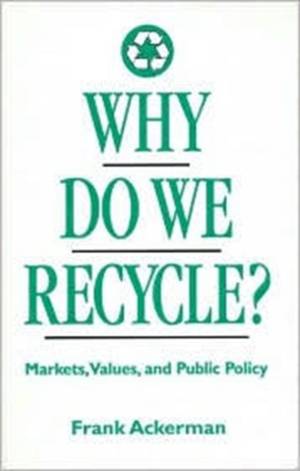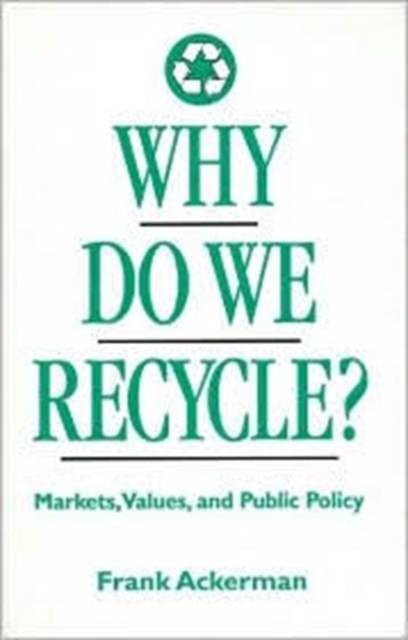
- Retrait gratuit dans votre magasin Club
- 7.000.000 titres dans notre catalogue
- Payer en toute sécurité
- Toujours un magasin près de chez vous
- Retrait gratuit dans votre magasin Club
- 7.000.0000 titres dans notre catalogue
- Payer en toute sécurité
- Toujours un magasin près de chez vous
43,45 €
+ 86 points
Description
The author examines the arguments for and against recycling, and challenges the notion that setting appropriate prices and allowing unfettered competition will result in the most efficient level of recycling.
Spécifications
Parties prenantes
- Auteur(s) :
- Editeur:
Contenu
- Nombre de pages :
- 222
Caractéristiques
- EAN:
- 9781559635059
- Date de parution :
- 01-12-96
- Format:
- Livre broché
- Dimensions :
- 154 mm x 227 mm
- Poids :
- 370 g

Les avis
Nous publions uniquement les avis qui respectent les conditions requises. Consultez nos conditions pour les avis.






